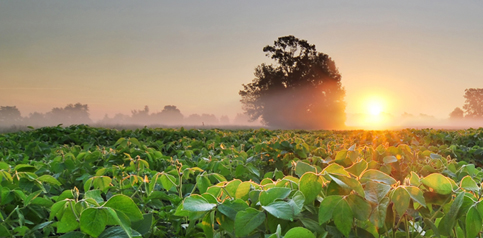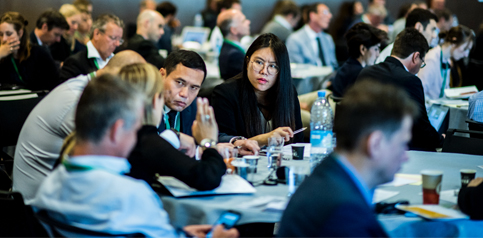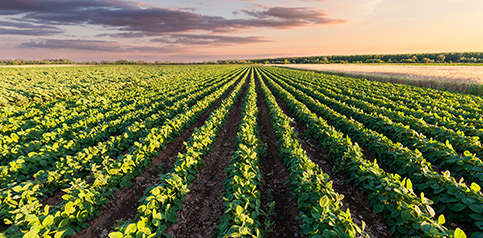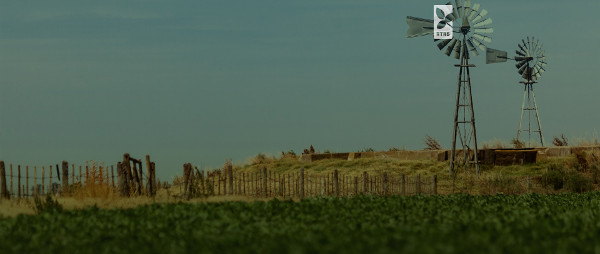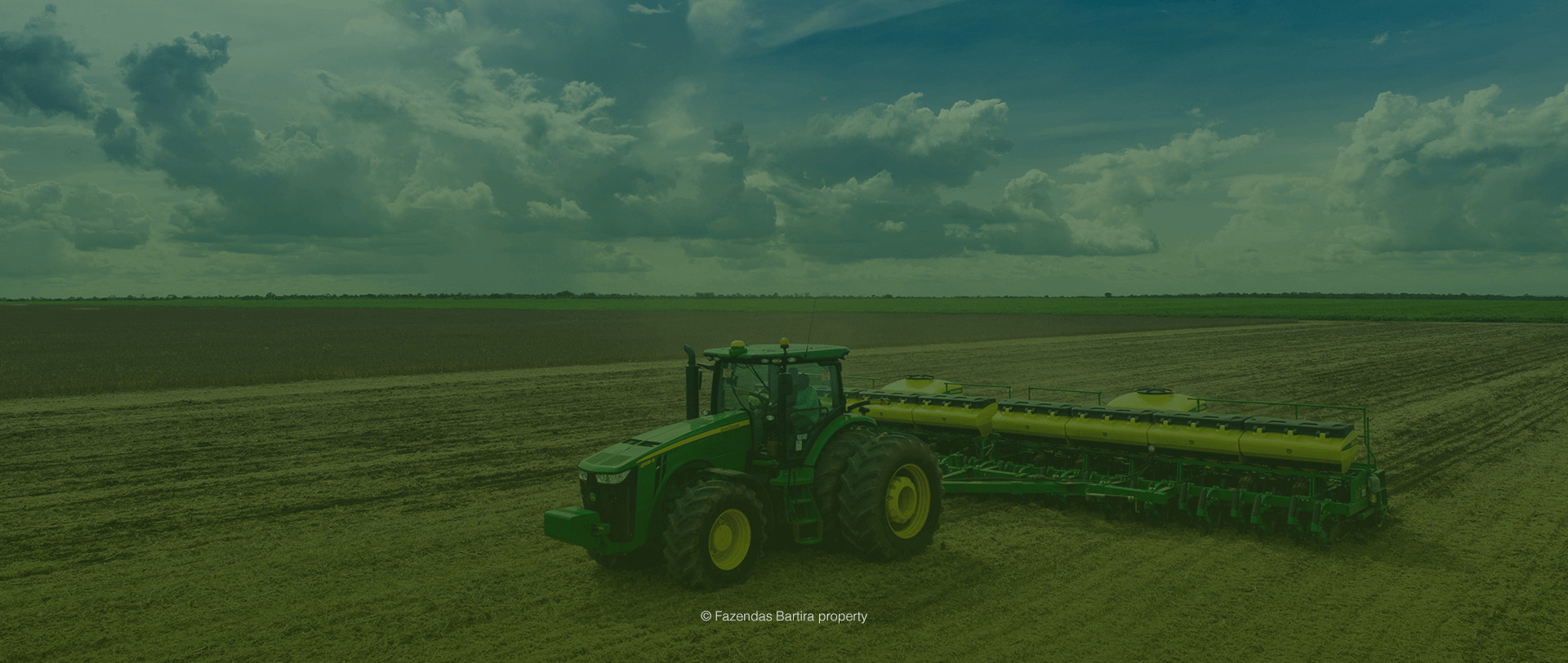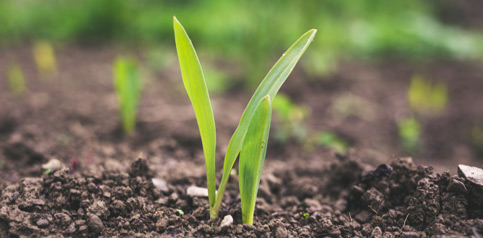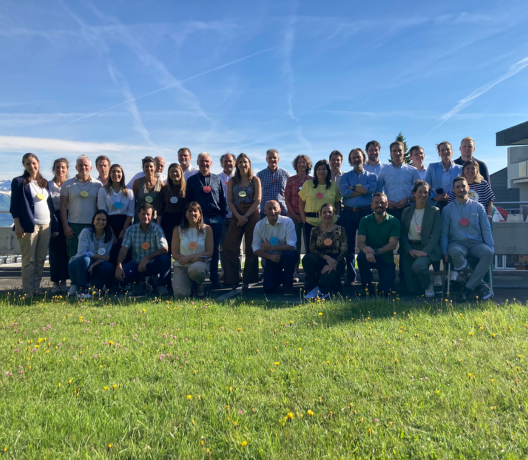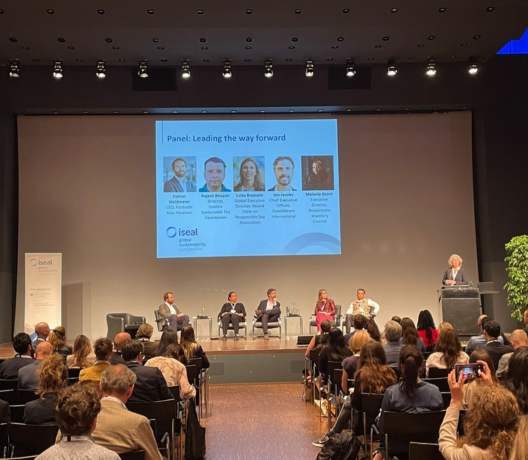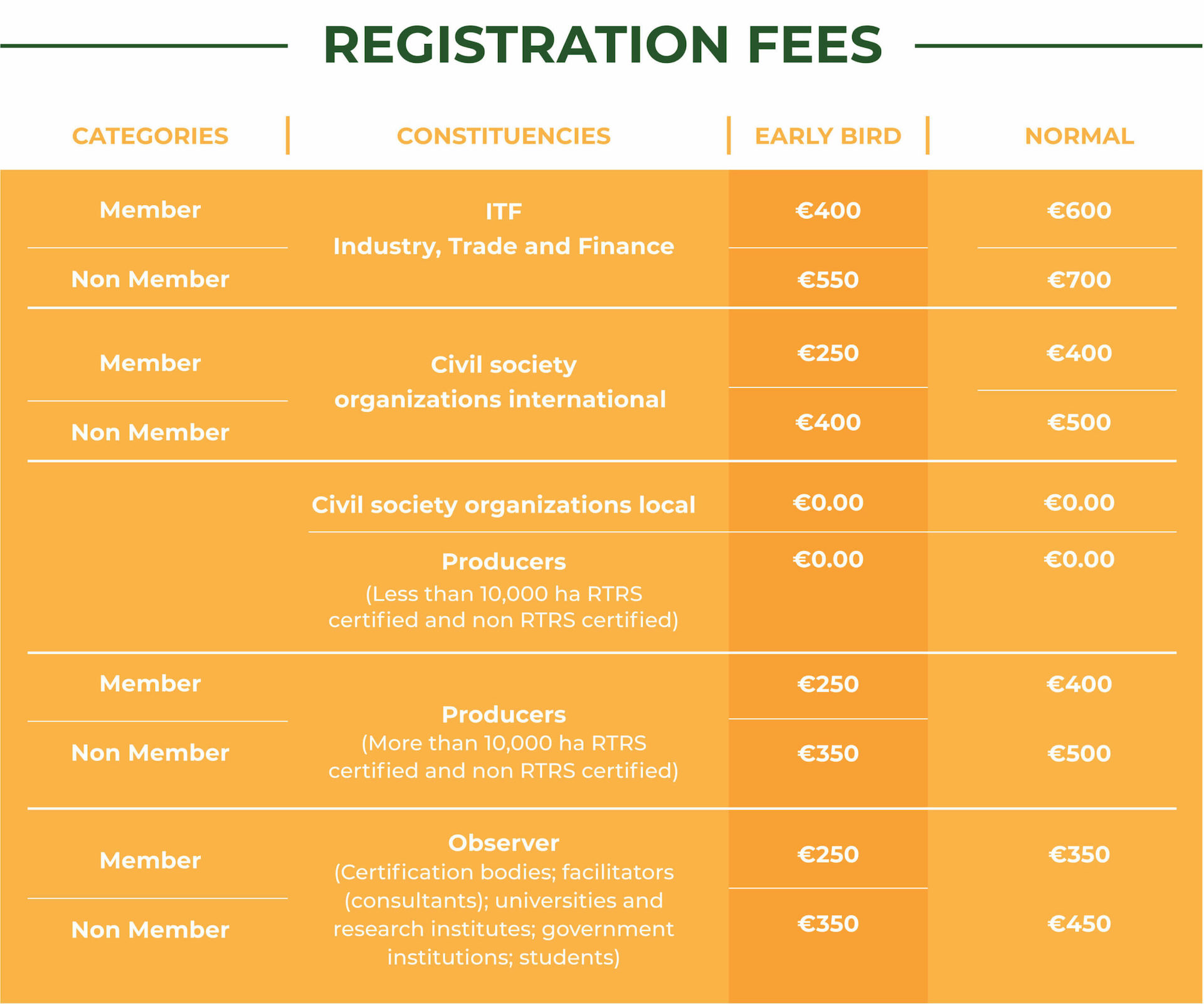Denmark and German companies support responsible RTRS production of Frísia cooperative members
Producer Fabiano Gomes and his siblings from the Pau Furado Farm, located in Texeira Soares (in the Brazilian state of Paraná) are the first Frísia cooperative members to trade RTRS Credits Supporting Responsible Soy with European companies.
The Pau Furado Farm produces soy, summer corn, beans, wheat, barley, and oats across 784 hectares. This year, with help from a cooperative programme organised by Frísia to promote sustainability and competitiveness, the farm has taken the next step and begun trading with companies in Denmark and Germany that have shown their support for responsible soy production by adopting RTRS Credits – which Pau Furado Farm received after certifying its soy production in accordance with the RTRS Standard for Responsible Soy Production.
According to Jean Cesar Andrusko, environment specialist at Frísia, the cooperative’s goal is to add value to production by means of traceability and proof of sustainability, but he also makes it clear that it is up to the cooperative’s members to decide whether they wish to join. “The cooperative’s members are not obliged to participate; if they do want to get certified, however, they sign a symbolic agreement and then we start the mentoring process, which includes a visit to the property, a diagnostic, and preparation of an action plan. Producers adapt their properties at their own pace”, says Andrusko.
In operation for over 60 years, the Pau Furado Farm began to reshape its history four years ago by transitioning to a more sustainable production. Even though the farms’ management process was already efficient, the Frísia programme was seen as an opportunity to adjust to the demanding standards required by foreign markets, as is the case of RTRS certification.
RTRS certification has been around in Brazil for over 10 years; it covered about 300 farms in 2022 alone, with a total of over 5 million RTRS-certified tons. “Every year we grow and add new producers, new farms. It started more intensely in the Midwest region of the country,” explains Cid Sanches, RTRS’s external consultant in Brazil.
According to Sanches, producers who certify are opening up their farms and making them visible to the world, and such openness of information is important to the market. “You would be hard pressed to find a farmer who gets certified and then gives up after a few years. Farmers incorporate it as a routine, they know that once a year they will be thoroughly audited and they get used to it; they even like it, because it helps them minimize risks. Other links in the chain also have their parts to play – i.e., traders, international buyers, banks and machinery suppliers who are considering the option of providing benefits to certified producers”, he adds.
According to Andrusko, Frísia has been working since 2017 with certification standards required by certain customers and, over the years, they have come to realize just how important certification is to ensuring farms are prepared. For the cooperative, “the RTRS Standard for Responsible Soy Production includes requirements to assess all aspects of agricultural production, encompassing legal requirements and good agricultural practices, and this contributes to farm management. It also has a positive impact on the other crops grown at certified farms: though these crops are not certified against the RTRS standard, they are nonetheless produced in accordance with the same criteria – e.g., winter crops”. Andrusko also notes that RTRS enjoys global recognition and acceptance, and drives farms to develop technologically, environmentally and socially in a balanced way and always in pursuit of excellence.
According to cooperative member Fabiano Gomes “The market is demanding more and more quality. Today, certification has become a very important tool for farms, especially vis-à-vis the foreign market. Certified properties communicate that they can cater to any consumer market, and this shows just how prepared Brazilian’s agribusiness really is“, he concludes.
Learn more about Frísia Cooperativa Agroindustrial at https://www.Frísia.coop.br/


